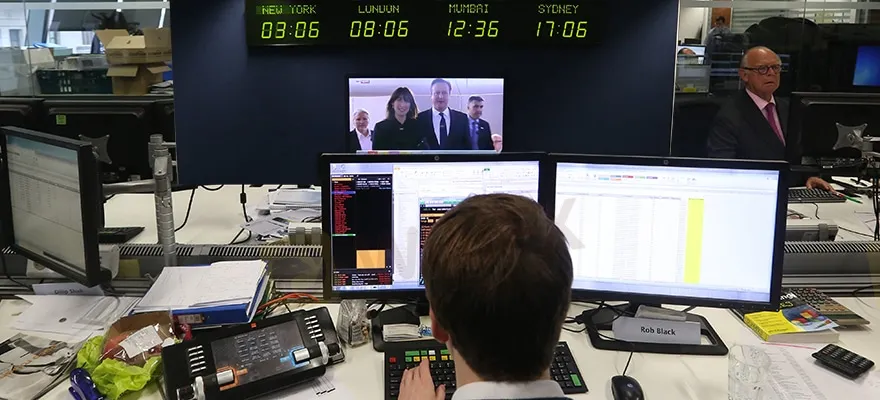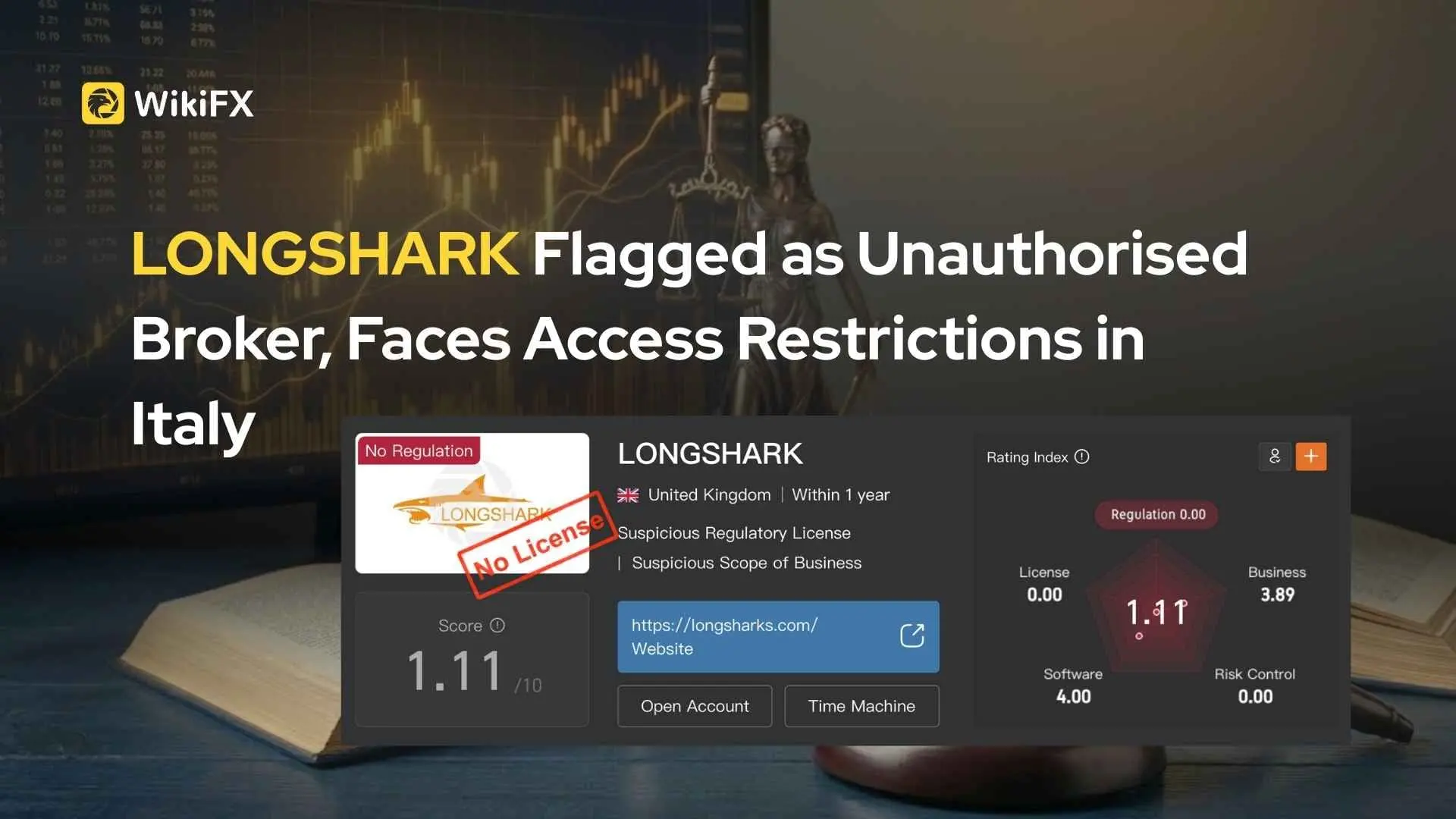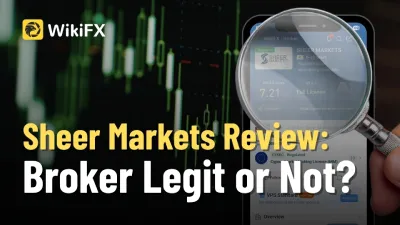Abstract:The coronavirus pandemic brought the global economy to its knees. The sudden stop of commerce rippled through all aspects of life, from travel to dining, and retail. The premise of social distancing – avoiding close contact to reduce the spread of COVID-19 – also prove antithetical to another aspect of life: professional sports.

A BOOMING INDUSTRY OUTSIDE OF TRADITIONAL FINANCE
Like financial markets and retail trading, professional sports attract masses of individuals in all sorts of ways, springing offshoot industries in the process. One such ballooning industry is sports betting. Since 2018, when sports betting became legal outside of Nevada, American sportsbooks have handled over $22 billion in bets, garnering just over $1.5 billion in revenues.
Thats a significant amount of capital sloshing around outside of traditional financial markets. And the industry is only expected to grow Morgan Stanley predicts it will become an $8 billion per year revenue industry by 2025.
LIQUID(ITY) ALWAYS FINDS ITS OWN LEVEL
In March 2020, when professional sports leagues around the globe started to temporarily close their operations due to the coronavirus pandemic lockdowns, something changed in financial markets. After all, something had to happen to those sports bettors and their $22 billion of bets since 2018; that liquidity needed to find its own level, its new equilibrium in a coronavirus pandemic world.
But for a time in March, capital markets were looking dry: companies starved of cash in the short-term were facing long-term insolvency – i.e. bankruptcy – threats. Thats when the spigot opened: the Federal Reserve began to flood markets with over $3 trillion (and counting) of fresh capital, while the US Treasury announced paycheck relief programs for businesses and individuals. These two efforts combined injected over $6 trillion of stimulus in an effort to stem the worst economic crisis since The Great Depression.
FEDERAL RESERVE BALANCE SHEET – TOTAL ASSETS: DECEMBER 2006 TO OCTOBER 2020 (CHART 1)

And so, with professional sports leagues closed and that unique capital flow sidelined combined with stay at home orders during The Great Lockdown bolstered with fresh capital, many people – including some reading this note – turned to financial markets. Surveys show that among individuals who received unemployment benefits during the pandemic, some 20% of those funds have been recirculated back into American financial markets.
ANIMAL SPIRITS: SAVINGS VS INVESTMENT
In pursuit of warding off an economic crisis, a perhaps unintended speculative appetite has taken root. Through stimulus, a large-scale sociopsychological shift is occurring in Americans‘ behaviors. The Fed and government’s support has altered how Americans think of saving versus investing. This is acting to kindle ‘animal spirits,’ in every sense of the Keynesian fashion.
By flooding the market with capital, interest rates have plummeted and the ‘cost of capital’ is extremely cheap. In other words, it doesnt pay to save with interest rates so low. Further, the massive scale of support is meant to further encourage consumers and investors to turn their capital back into the system.
This is the point! The Fed is trying to incentivize people to spend their money now, either through consumption or investing, rather than saving to the further detriment to a recovery. Many market participants, including those reading this note, have heeded this call even if on a subconscious level. Investing now seems a more productive use of capital rather than holding onto it.
FED‘S OPEN SPIGOT IS A SALES EXECUTIVE’S DREAM
Such circumstances have drawn in a wave of new retail traders into the financial markets. A popular outlet for this interest, Robinhood, which is a commission-free brokerage trading app popular among millennials and younger investors, has seen its total accounts balloon from 10 million to 13 million during the coronavirus pandemic. Those customers are often new to financial markets, with the company reporting that over half of the new customers have opened a brokerage account for the first time, with the median customer age of 31 years old.
Its not just Robinhood bringing in new investors. Traditional US brokers like TD Ameritrade, Charles Schwab, and Interactive Brokers added more than 1 million accounts in the first quarter of 2020, a year-over-year increase of +4%. That compares to the first quarter of 2019 which saw a year-over-year increase of +1% in new brokerage accounts.
US RETAIL MONEY FUNDS: APRIL 2010 TO APRIL 2020 (CHART 2)

Its also been a boon for many retail traders. Since the bottom was set in the last week of March 2020, US stock markets have rallied over +60% from their lows. While the past few months may have been exhilarating for retail traders new and old history offers numerous cautionary tale from similar situations. In a follow up article, we look at the events, emotions, drama that led past traders to seek fortune from similar environments in the past only to leave many struggling with the ruin.












